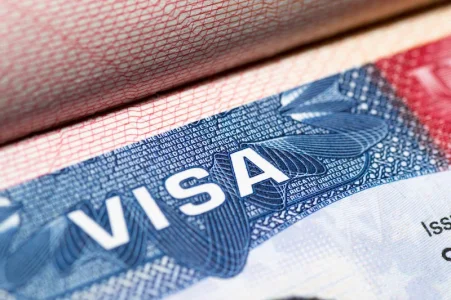
The U.S. Supreme Court weighs a TikTok ban, citing national security concerns over its Chinese ownership. The proposed ban could disrupt millions of users and stoke free speech debates. ByteDance resists pressure to sell, while creators warn of financial and social impacts. A ruling is expected soon.
The United States Supreme Court is deliberating on whether to uphold a law banning TikTok, citing national security concerns. The law mandates that ByteDance, TikTok’s Chinese parent company, either sell the platform or cease operations in the U.S. by January 19. The government argues that TikTok could be exploited by China for espionage and political manipulation, a claim ByteDance denies.
TikTok and its users argue the ban infringes on First Amendment rights, impacting over 170 million U.S. users. Lawyers for TikTok and creators emphasized that such a ban would set a dangerous precedent for censorship. U.S. Justice Department representatives countered, highlighting national security risks tied to TikTok’s data collection and potential use by the Chinese government.
Public reactions have been mixed. Some creators stress the platform's role in fostering financial independence, while others warn of the broader implications of restricting free speech. Meanwhile, hundreds gathered at the Supreme Court to voice their concerns about the potential loss of a platform that has become integral to their social and professional lives.
The Court's decision is expected soon, with analysts predicting support for the government’s position, given the precedent of prioritizing national security in similar cases.




